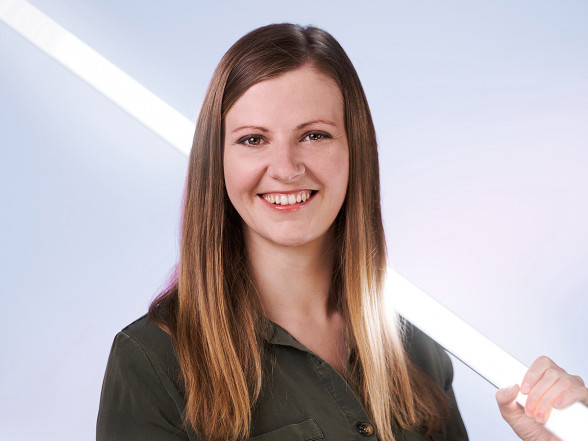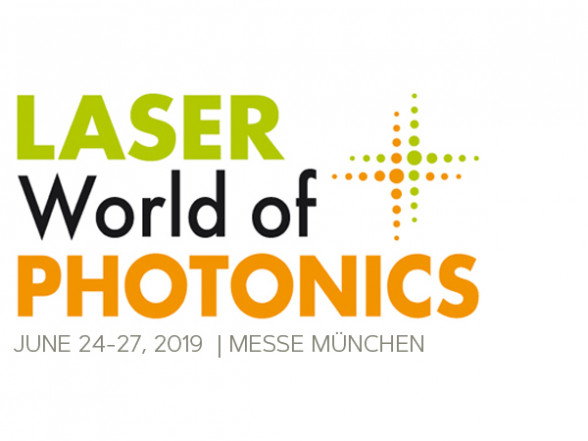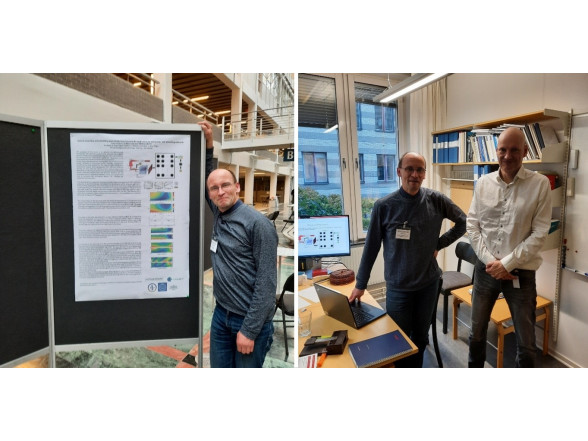The Latvian National Radio (LR2) program “Nākotnes pietura” (Future Stop) portrayed Dr.phys. Virgīnija Vītola – researcher, head of Laboratory of Optical materials, and representative of the young generation of ISSP UL scientists. Virgīnija is also a physics teacher and head of the School for Young Physicists of the University of Latvia.
In the program, the scientist tries to overturn prejudices and notions about physics as a terrible and uninteresting phenomenon that has always caused headaches in schoolchildren and convince the listeners of the program that physics is exciting, creative, and cool.
The data is not encouraging because it shows that school students in Latvia are trying to avoid Physics subject, and the number of schools that choose to take the centralized physics exam is decreasing every year - if in 2011 it was held in 81% of schools, then last year only in 44% of schools.
A few years ago, Virgīnija was included in the list of Latvia’s most talented and successful young leaders setting the development directions and offering innovations in different industries - “30 under 30” compiled by the influential Forbes magazine. V. Vītola’s scientific goals are to improve the persistent luminescence mechanisms of luminescent materials at low temperatures and improve their efficiency.
In the program, V, Vītola also talked about her activities as an expert in this year’s physics erudition competition for youngsters "FIZMIX Experiments", the main topic of which is future energy. However, science has not been an obstacle for Virgīnija to challenge herself in other areas. She has run a half marathon, plays women’s football, and finds like-minded people in the mixed choir “Aura” of the Faculty of Physics, Mathematics and Optometry of the University of Latvia.
The program in Latvian is available here.
“Nākotnes pietura” is a weekly radio program. Its idea is to let its audience learn about scientists’ work, research objects, goals, achievements, and the topicalities in the research scene in Latvia. It also tries to break the stereotypes about the scientist and show them as real people with their vocations and hobbies. The program is created in cooperation with the Ministry of Education and Science of Latvia and the European Regional Development Fund.



